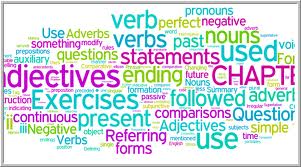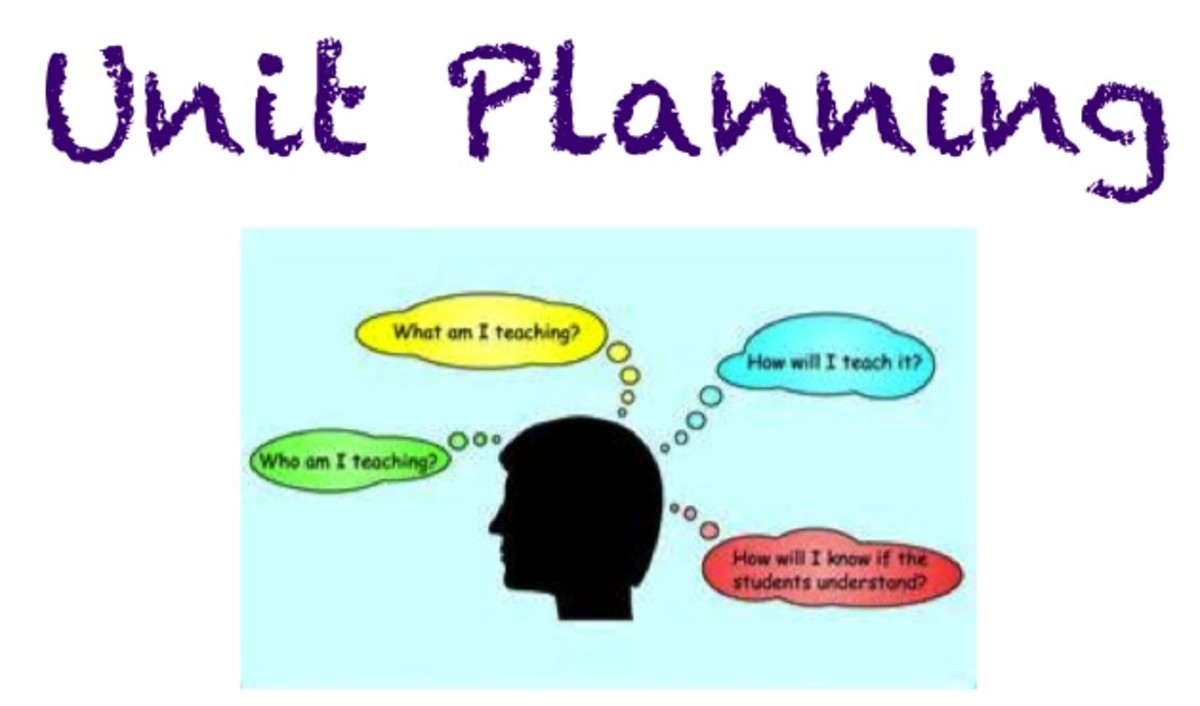How to Create a Great ESL Lesson Plan

Depending on where you teach, you might be planning lessons for large groups, small groups, children, adults, businessmen or exam students. It's hard for new ESL teachers or TEFL teachers to plan lessons which are fun, exciting and which also target a topic effectively.
Taking a TEFL course is the first step in learning how to create a great ESL lesson plan. You'll get some practice, be taught a basic guideline and have access to some resources. The secret to a great lesson plan comes through experience, though. Here are some secrets I learned as a TEFL teacher in Prague.
Choose a Theme Which Will Relate to Your Students
I knew one ESL teacher who always created lessons about the things which interested him - sports and guns. While that is fun for you as a teacher, it is not always engaging for your students.
Try to create lesson plans which will appeal to the group or individual you are teaching. For a business class, Create Your Own Evil Business was a hugely successful theme. Fantasy Holiday is something which can appeal to all students, but worked especially well with high school students about to graduate. Other themes I've had success with have been various dating themes such as Speed Dating for beginner students learning personality adjectives such as funny, clever, outgoing etc.
For individual students it can be easier. One student I had love to play the drums, while another couldn't get enough of theme parks. Find subjects which interest students and try to build a dry grammar lesson or tricky vocabulary around these topics.
Know What You Want to Teach and Teach It!
This might sound obvious, but it can be easy to get carried away with a fun theme and forget what you are supposed to be teaching.
- If you are trying to practice the simple past tense (I ate, I dated, I played etc.) then make sure whatever activities you choose use the simple past. Talk about the you went on last year, somebody you dated etc.
- For the present perfect (I have been, I have done etc.) you can talk about the best/ worst dating experiences you have had or the most beautiful place you have ever visited etc.
- Even for tricky tenses such as the future perfect (I will have visited, I will have eaten) you can use a fun topic such as where you see yourself in 10 years time.
Whatever topic you are trying to teach, make sure you stay focused and teach what you set out to teach.
How do you plan your lessons?
Don't Overdose on Grammar
With my students I found that grammar was usually the area of English they had most trouble with. Still, if you spend every lesson plugging the present perfect or conquering challenging verb forms, it can get tiring for you and your students.
Don't skimp on the grammar - after all, your students are there to learn. However, it's a good idea to break it up a bit. Try focusing on grammar for half a lesson and maybe bring in something else towards the end like a current news article to discuss or something related to the theme of the lesson but unrelated to the grammar.
It's also important not to forget the other skills - listening, reading, writing and speaking - which also need to be practised.

Keep Your Students Talking
Whatever sort of lesson you are doing, it is crucial that your students have plenty of opportunity to speak. That means:
Don't spend the whole lesson talking - let your students have a say!
Don't keep your students doing exercises all lesson - give them a chance to talk!
Obviously you need to do some talking to explain the grammar, vocabulary or whatever else you are teaching, but here are some tips to help keep your lesson student-oriented:
- Ask, don't tell. You should try to elicit grammar points or words from your class to keep them engaged and thinking. Otherwise, you'll be giving a monologue.
- Start the lesson with a question. Before launching right into the thick of things, open up with a question relating to your chosen theme to engage your students and give them a chance to warm up their vocal cords.
- Set group activities. If you have to set lots of written exercises, try grouping students so they can discuss answers - in English, of course - or once the exercise is finished, get students to check their answers together instead of telling them the answers.
- Always include a speaking activity. Writing answers to questions can only be so effective. Set up your lessons so that by the end, students can participate in a speaking activity related to the topic. This could be a role play such as a real speed dating situation (don't forget to incorporate the topic you're teaching) or a travel agent, or even an audition for a movie, play or band. Anything which will have your students speaking English and interacting, and using the grammar or vocabulary you are targeting.
Don't Be Afraid to Deviate From Your Plan
Even the best laid plans don't always, well, go to plan. The best ESL lesson plan has enough flexibility that, if the situation calls for it, it can be changed at a moment's notice.
That doesn't mean you should let the topic you are trying to teach fly out the window. It just means that if an interesting debate is sparked on a relevant topic or another question is raised about an important grammar point, you should spend time addressing it rather than sticking doggedly to your plan. If that means cutting down an activity by five minutes or cutting out a small part of your lesson plan, so be it.
Additionally, if students are struggling with a concept, you needn't cover everything you wanted. Your main priority as a teacher is to ensure your students learn. If nobody understands the concept of will vs. going to, your ingenious political debate activity will fall flat. Be flexible enough to read a situation instead of just ploughing ahead.
How do you plan a lesson?
Leave your thoughts, tips and experiences in a comment!






